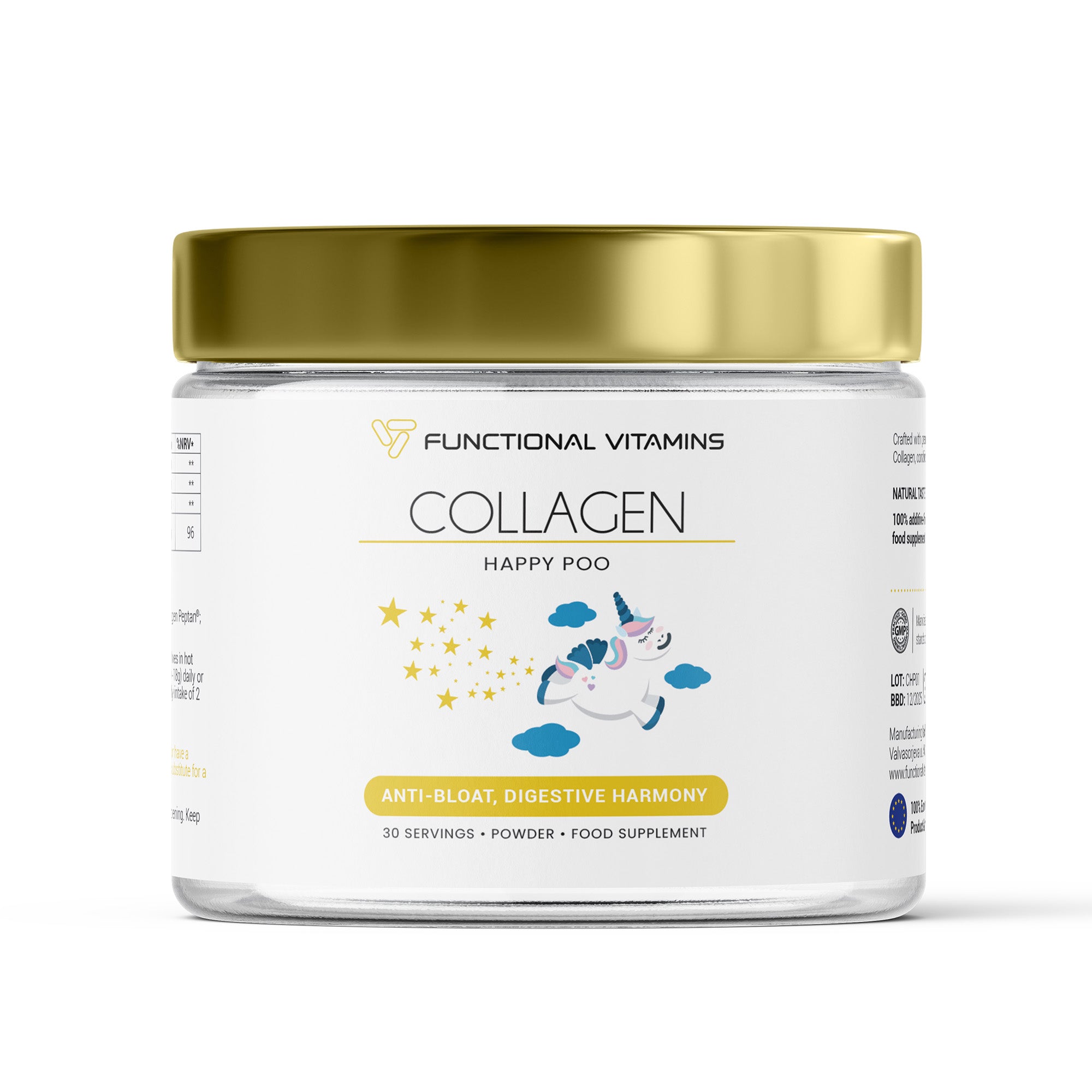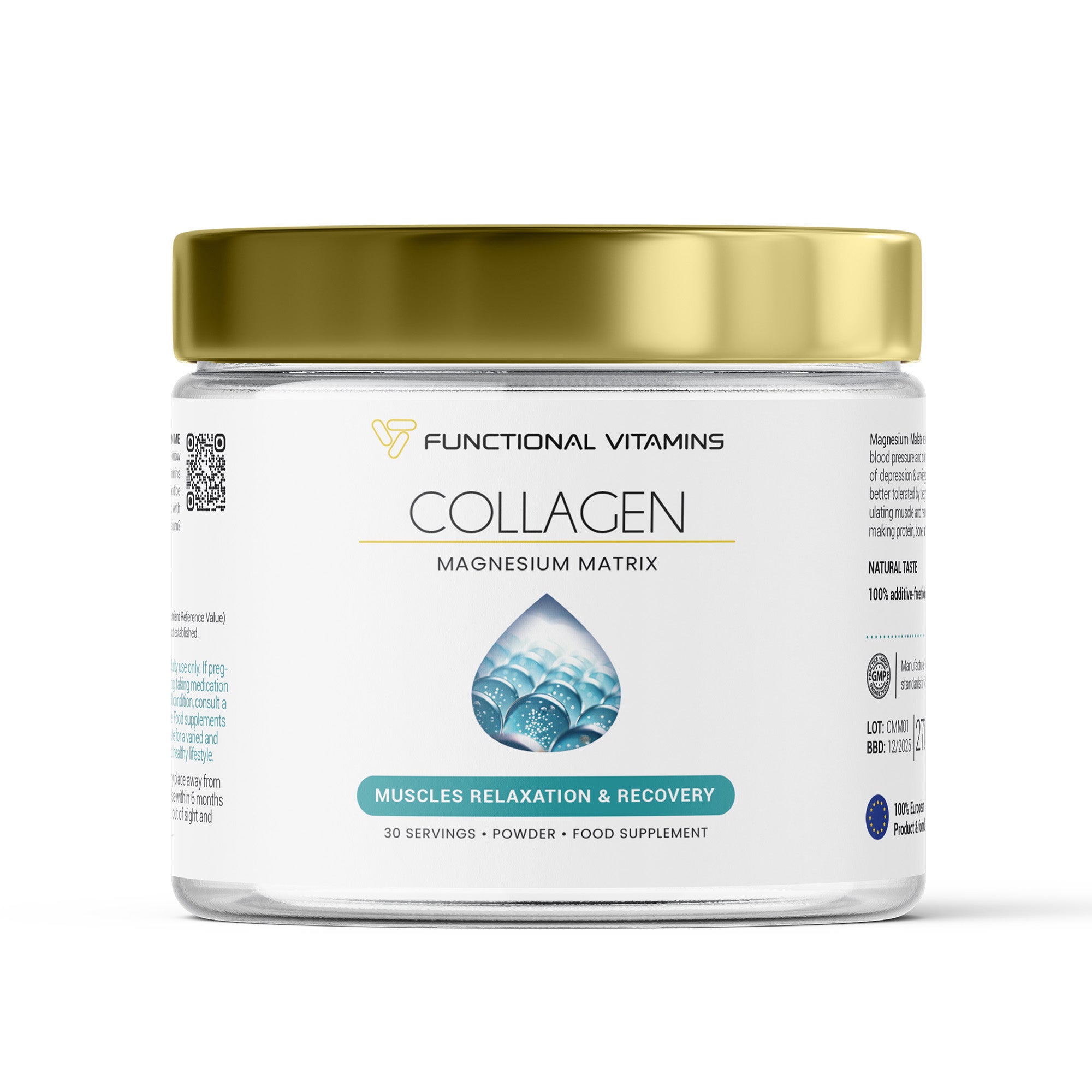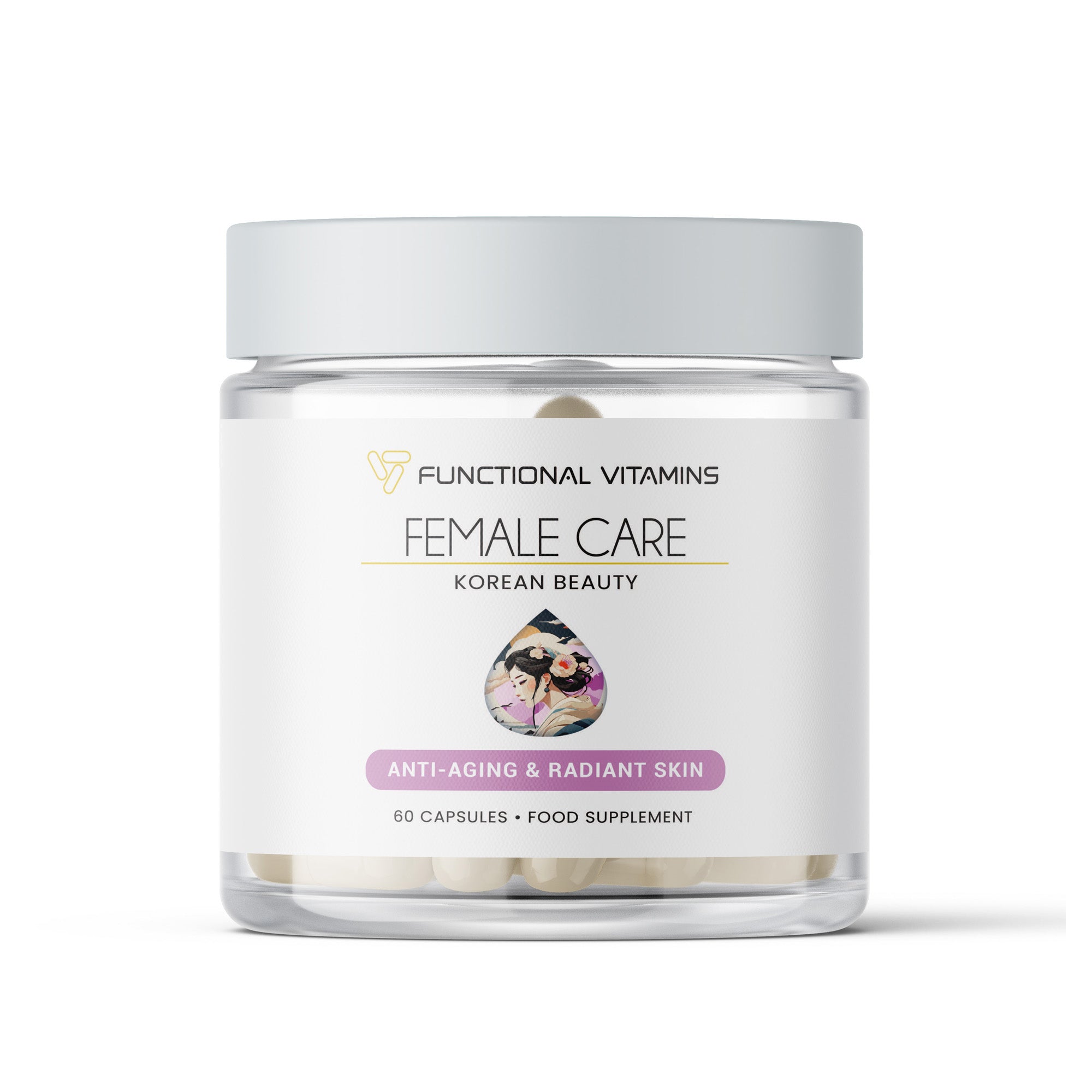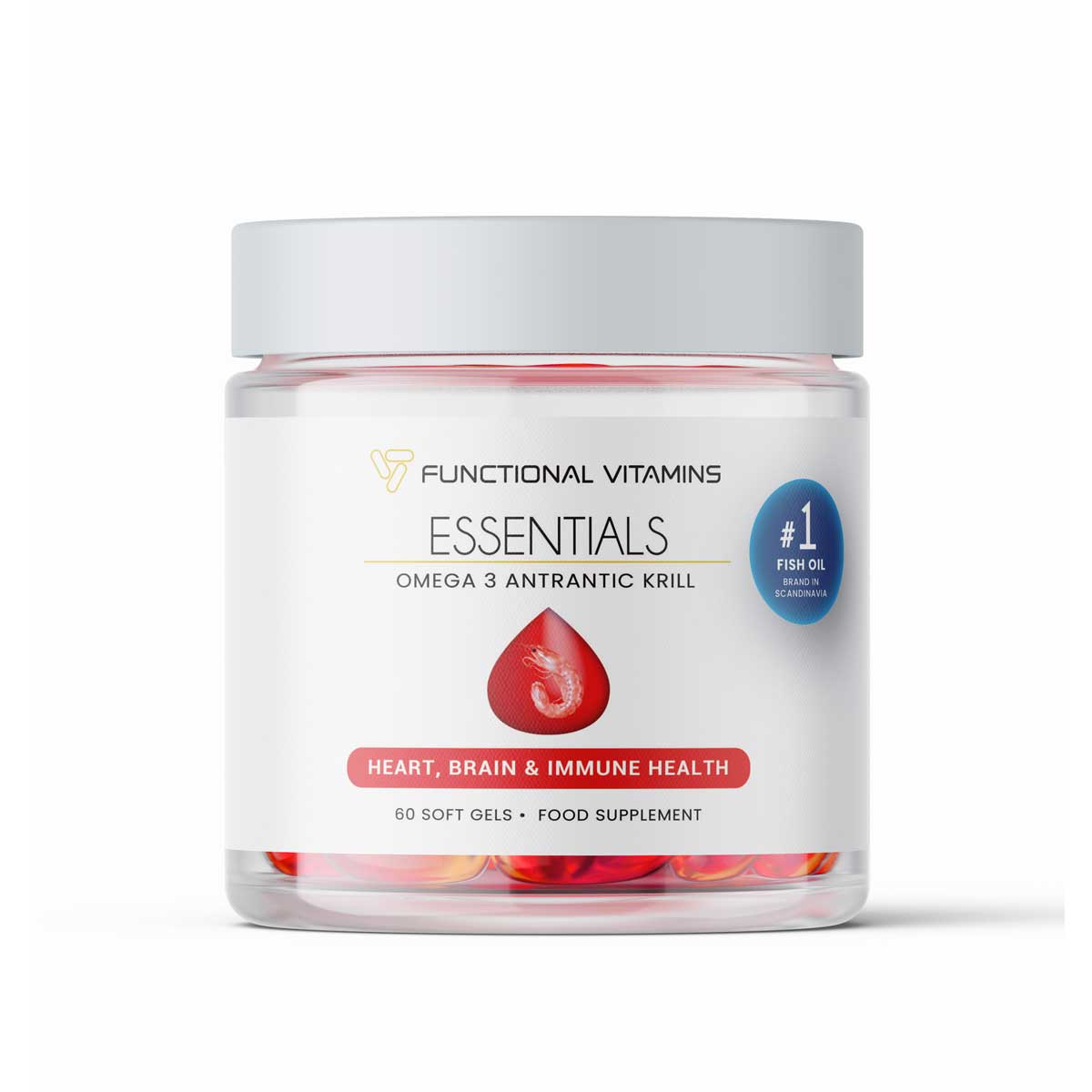Maintaining a strong immune system is crucial, especially in today's health-conscious world. Vitamins, minerals, and trace elements are the essential micronutrients that ensure our immune system functions properly. While fruits and vegetables are excellent sources of these nutrients, supplementing your diet may be beneficial, particularly during times when the demands on your immune system are heightened, such as during illness or stress. This article provides a detailed look at the vitamins, minerals, and omega-3 fatty acids that are vital for a strong immune system and how they contribute to your overall health.
1. Vitamins for a Strong Immune System
Vitamins play a central role in bolstering your immune system. These essential nutrients cannot always be produced by the body, so they must be obtained from your diet. They regulate numerous bodily functions and are particularly important for immune defense. Here's a closer look at the most crucial vitamins that support your immune health:
1.1 Vitamin C: The Immune Powerhouse
Vitamin C is one of the most well-known vitamins for its immune-boosting properties. Found naturally in sea buckthorn, rose hips, and peppers, it helps protect against oxidative stress, supports the immune system during intensive workouts, and aids in faster recovery. Vitamin C is crucial for maintaining a strong defense against infections.
1.2 B-Complex Vitamins: A Foundation for Health
B vitamins are water-soluble, meaning the body cannot store them for long periods, and they need to be replenished regularly. B-complex vitamins, including B6 and B12, are vital for immune function, energy metabolism, and cognitive health. They also play a crucial role in maintaining healthy skin, nerves, and red blood cells.
1.3 Vitamin A: For Healthy Skin and Mucous Membranes
Vitamin A is not only essential for good vision but also strengthens your immune defenses. It plays a role in maintaining the integrity of the skin and mucous membranes, which act as a barrier against infections. Vitamin A is found in foods such as sweet potatoes, carrots, and spinach, and it is also available in the form of supplements if needed.
1.4 Vitamin D: The Sunshine Vitamin
Vitamin D is unique because your body can produce it when your skin is exposed to sunlight. It is essential for the functioning of the immune system, helping to activate the cells that protect against pathogens. During the winter months, or for those who don't spend much time outside, supplementing with vitamin D can be beneficial to maintain healthy levels and support immune health.
2. Minerals: Small but Mighty for Immunity
Minerals are critical to various bodily functions, including immune defense. Without the proper levels of certain minerals, your body may struggle to fight off infections. Here are two of the most important minerals to keep your immune system functioning optimally:
2.1 Iron: Vital for Oxygen Transport and Immunity
Iron is necessary for producing hemoglobin, which carries oxygen in the blood. This essential mineral also plays a role in the immune response by helping immune cells function properly. Iron deficiency can lead to anemia, fatigue, and a weakened immune system. Foods like spinach, lentils, and red meat are good sources of iron, but supplementation may be required for those with a deficiency.
2.2 Zinc: The All-Rounder for Immune Support
Zinc is one of the most important minerals for immune health. It is involved in the development and function of immune cells, helps wound healing, and protects the body from harmful pathogens. Zinc is commonly found in beef, poultry, legumes, and seeds. A deficiency in zinc can lead to a weakened immune response, making it vital to ensure you get enough in your diet or through supplements.
3. Omega-3 Fatty Acids: The Anti-Inflammatory Superstars
Omega-3 fatty acids are not just beneficial for heart and brain health—they also play a crucial role in maintaining a balanced immune response. These polyunsaturated fats, found in fatty fish like salmon and mackerel, help control inflammation in the body. Omega-3s assist in producing anti-inflammatory molecules called resolvins, which help resolve inflammation and repair tissues after an infection or injury. If you don't consume enough fatty fish, omega-3 supplements, such as fish oil or algae oil, can be a great alternative to ensure your body gets the necessary fatty acids.
4. Recognizing Nutrient Deficiencies and Supplementation
It's important to recognize when your body might not be getting enough of these essential nutrients. Nutrient deficiencies can lead to weakened immunity, fatigue, and increased susceptibility to infections. Factors like poor diet, stress, chronic illness, or even following certain restrictive diets can lead to deficiencies in key vitamins and minerals.
For those struggling to get enough vitamins and minerals through diet alone, supplementation can provide a reliable source to fill the gap. However, it is important to choose high-quality supplements and consult with a healthcare professional to determine the appropriate dosage.
5. How to Boost Your Immune System Naturally
To keep your immune system functioning optimally, consider these simple lifestyle and dietary changes:
- Incorporate more fruits and vegetables into your daily meals. Aim for a colorful plate filled with a variety of produce to ensure you get a range of nutrients.
- Exercise regularly to support overall health and immunity. Physical activity helps flush bacteria out of the lungs and airways and boosts circulation, which allows immune cells to move more freely throughout the body.
- Get enough sleep to allow your body to rest and repair itself. Sleep deprivation can negatively impact immune function.
- Reduce stress by practicing relaxation techniques like meditation, deep breathing, or yoga. Chronic stress can weaken the immune system, making you more vulnerable to infections.
- Stay hydrated to keep your body functioning efficiently. Water is essential for nutrient absorption and the removal of waste and toxins.
Conclusion
Your immune system relies on a steady supply of essential vitamins, minerals, and nutrients to function at its best. In times of stress, illness, or when certain nutrients are lacking in your diet, supplementation may be necessary to fill any gaps. Incorporating a well-rounded diet rich in fruits, vegetables, lean proteins, and healthy fats, along with regular exercise and sufficient sleep, will provide your body with the foundation it needs to ward off illness and maintain optimal health.












Leave a comment
This site is protected by hCaptcha and the hCaptcha Privacy Policy and Terms of Service apply.